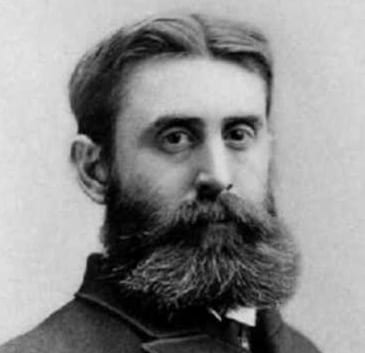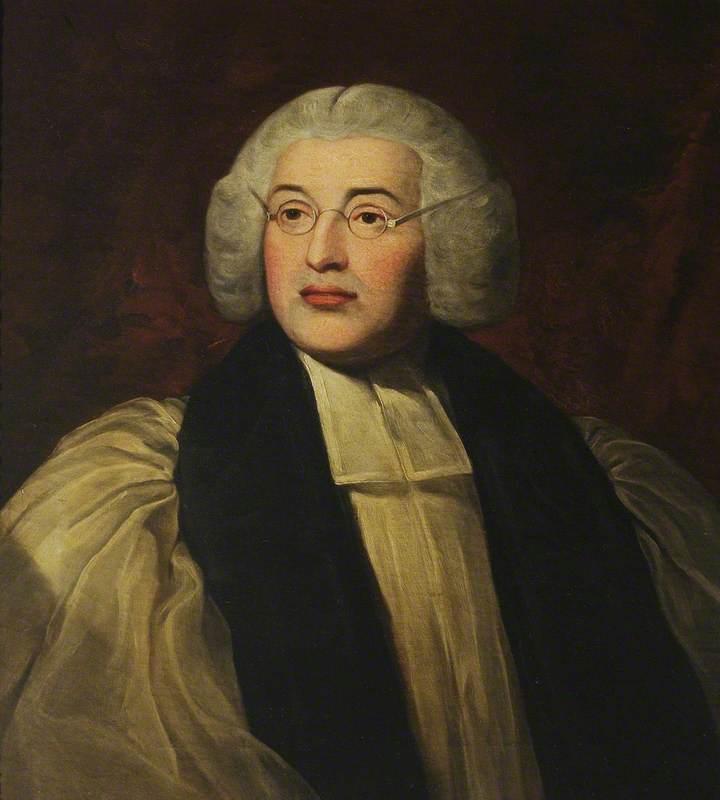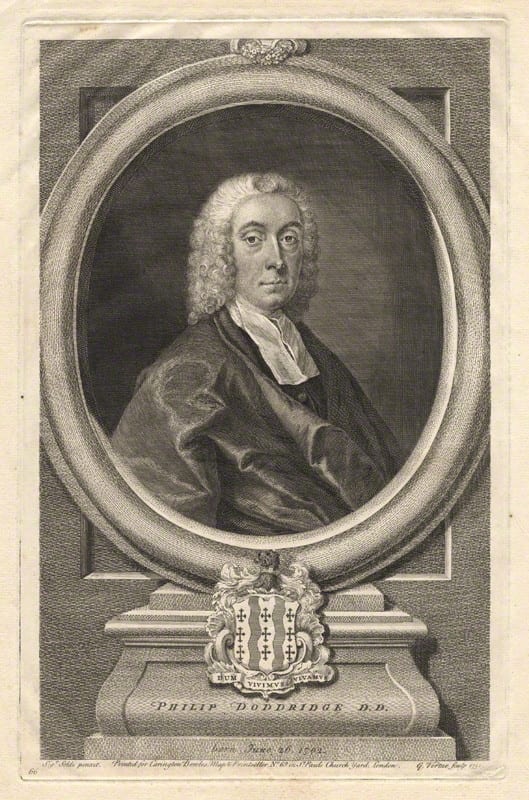Richard Cecil: I myself was once a professed infidel
I myself was once a professed infidel: that is, one who, carried away first by the love of sin, hoped the Bible might not be true. I then listened to such as were hardened enough to assert that it was not true: till, at length, I believed my own lie; and the vanity of appearing something like a philosopher, who had thrown off the traditions of the nursery, set me on propagating that lie. But when, like the prodigal, ‘I came to myself,’ I had many painful steps to tread back, and many difficult and intricate paths to retrace. I now wished that the Bible might be true, and was glad to receive help from any able guide who had written on its evidences. Grotius, Bishop Butler, and many others helped me to see, that he, who is acquainted with the evidence which God has annexed to his word, has not only every thing he can reasonably require, but that, as Mr. Soame Jenyns has remarked, he will find it requires more faith to be a consistent Infidel than to be a Christian.
Read More




